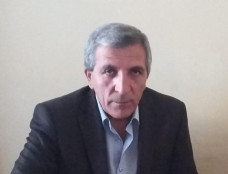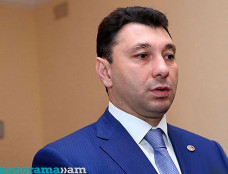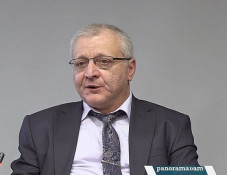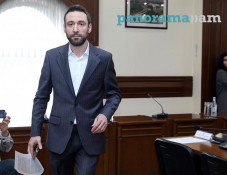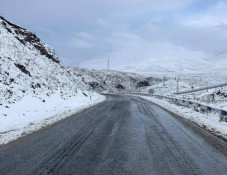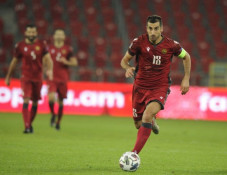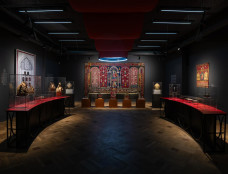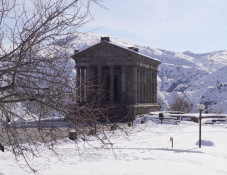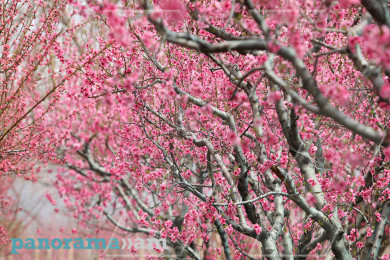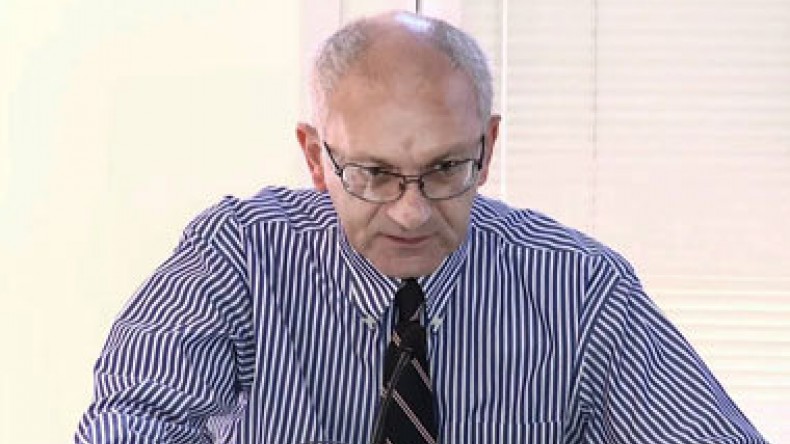
Stephan Astourian: ''Turkish policy is coherent and it will not be altered''
Panorama.am presents an interview with Dr. Stephan Astourian – Professor of history and Director of the Armenian Studies Program at University of California, Berkeley. Dr. Astourian comments on a number of issues related to the Armenian Genocide centennial in 2015.
- Dr. Astourian, how do you assess the current policy of Armenian leaders towards Turkey as well as the overall program of the Genocide centennial in 2015?
- Armenia’s current policy toward Turkey fits with, and prolongs, the Armenian-Turkish Protocols signed in Z?rich in October 2009. These protocols, which encompassed massive concessions on the part of Armenia in exchange for the tentative opening of the border by Turkey, were “dead on arrival.” They remain so until now.
It is difficult to answer your question about the “overall program of the Genocide Centennial” because I am unaware of any such program, assuming it exists. Even though the State Committee dealing with this matter has met three times, it has not made public any program. All that we have at this point is a logo and a somewhat vague motto. Being well aware of the activities of the San Francisco-Bay Area Armenian Centennial Organizing Committee, I can state that nothing could be organized on time for the Centennial in our region if our community leaders had not started planning for it as early as the end of 2013.
- What is your view regarding the fact that the President of Armenia has invited the President of Turkey to Armenia to commemorate the Genocide centennial? What do you think will be the result of this?
- Inviting Turkey’s President in April 2015 is at best a minor tactical move which serves public relations goals. Turkish policy is coherent and it will not be altered because of this invitation. Turkey is not going to undermine its very strong strategic ties with Azerbaijan in order to recognize the Armenian Genocide. In addition, it is unlikely that the latest aggression on Nakhichevan’s border, which caused Armenian casualties, could have taken place without prior Turkish knowledge of, or assent to, it. In this context and in the best scenario, Turkey might make at best some ambiguous, vague gesture or declaration in 2015.
- What issue do you think should be a priority item on the agenda of the Diaspora after 2015? Don’t you think that we need to raise the Nagorno-Karabakh recognition issue to the same level of importance in Diaspora as the issue of Genocide?
- The “Diaspora” is a very complex phenomenon, made up of extremely diverse communities with no less diverse levels of organization. Thus, using the word “Diaspora” can be misleading. It is my sense that diasporic communities should ensure their survival and help Armenia in various ways. From a purely economic perspective, however, the disappointing experiences of diaspora investors in the past twenty years suggest that there will be no significant economic investments in Armenia as long as the rule of law and the independence of the judiciary are not ensured.
The recognition of Nagorno-Karabakh has been on the agenda of a number of Armenian communities, in particular in the United States, for many years. The real question is this: why would foreign powers recognize the independence of Nagorno-Karabakh when Armenia itself has not done so? To sum up, the issue of recognition belongs first and foremost to Armenia and Nagorno-Karabakh, for it is their future—not Armenian diaspora’s—that will be affected by it.
- Dr. Astourian, you recently gave a lecture on the Armenian-Tatar war (1905-1906) at the American University of Armenia. What is the significance of these historical events for explaining the current Armenian-Azeri conflict?
- These events marked the beginning of the antagonism between the Caucasian Armenians and the then “Tatars,” or South Caucasian Muslims. This antagonism, and other conflicts during the period of the independent Caucasian republics, played a crucial role in shaping the subsequent Azerbaijani sense of identity that developed in Soviet times. By the way, the region of Mountainous Karabagh was already central to the Armenian-Tatar War.
Interview by Nvard Chalikyan
Newsfeed
Videos








